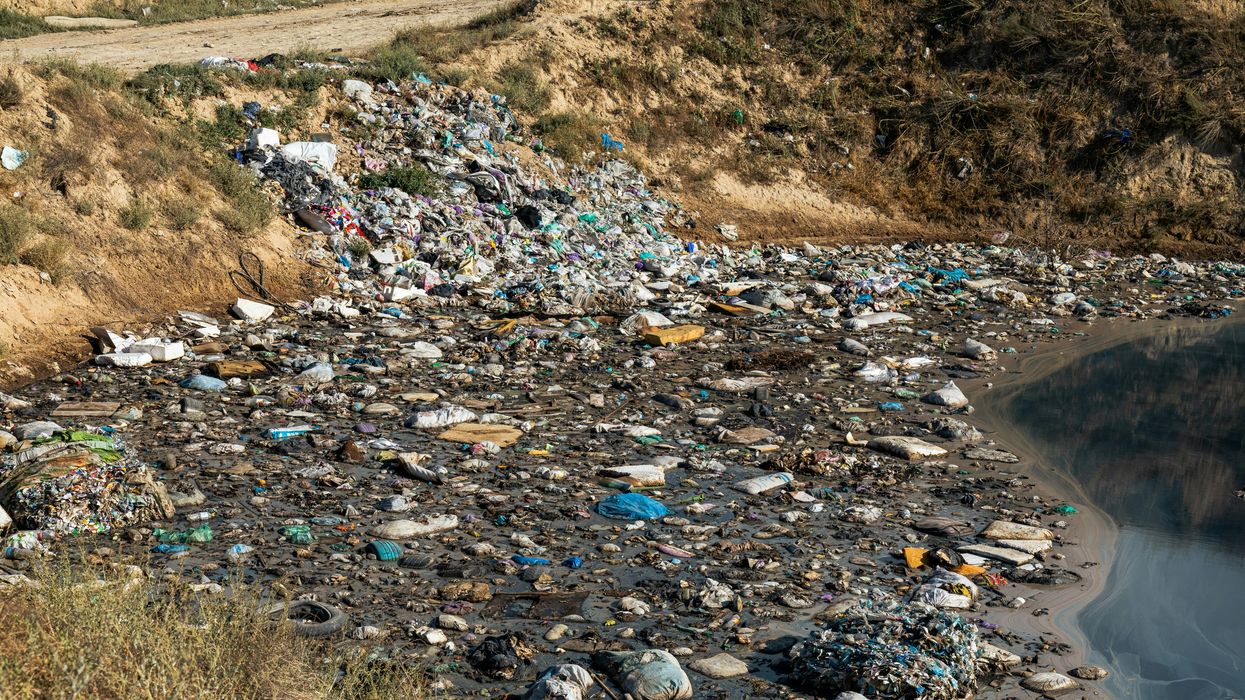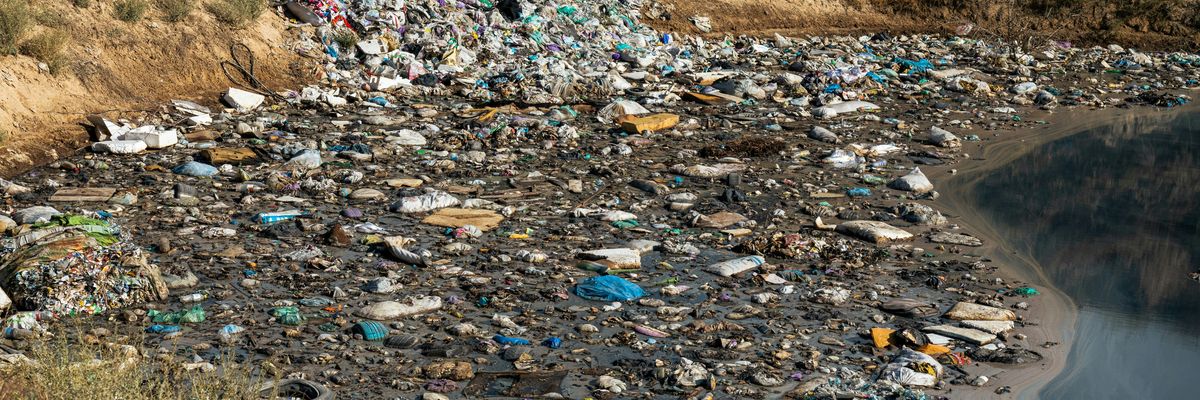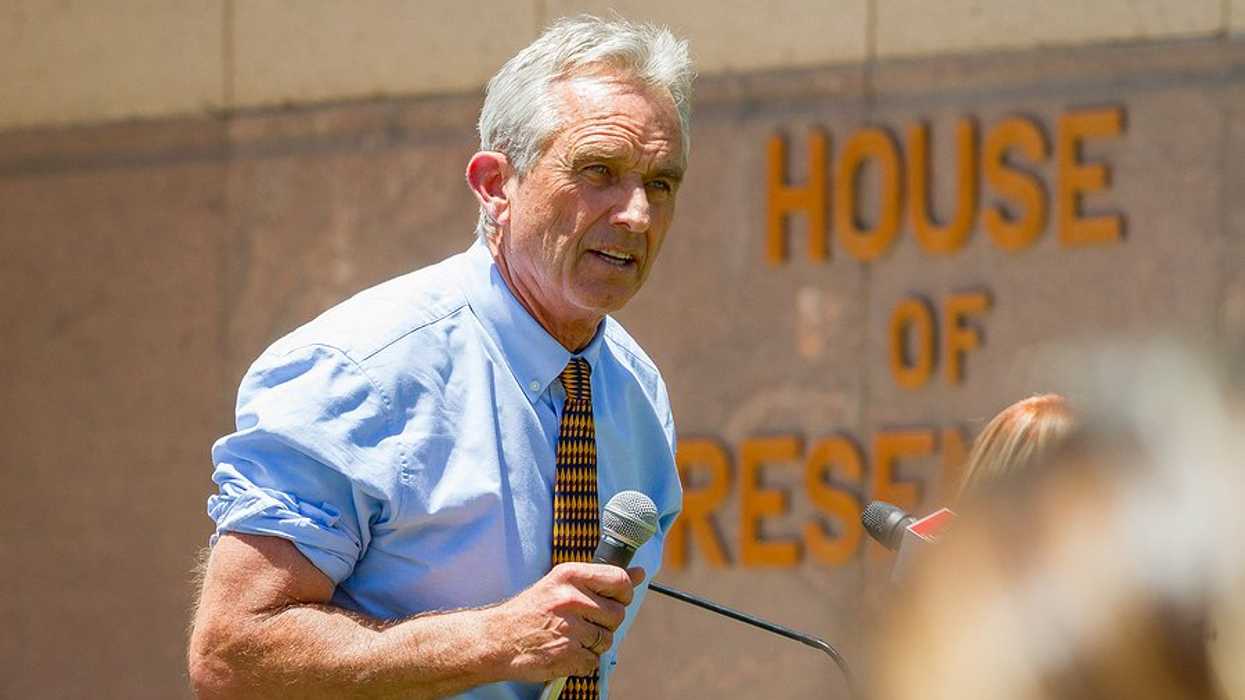To mark the launch of The Lancet’s new system for monitoring plastics’ global impacts, a group of international scientists have issued a call for more urgent efforts to address the steep health costs of plastic use.
In short:
- Plastics are responsible for over $1.5 trillion in health-related economic losses every year worldwide.
- Biomonitoring surveys have confirmed the presence of plastic chemicals like bisphenols, phthalates, and PFAS in the bodies of nearly all people tested, including newborns and pregnant women.
- The main driver of plastics’ worsening health impacts is the rapid increase in plastic production, which is estimated to reach 1,200 megatonnes annually (roughly 2.64 trillion pounds) by 2060.
- The scientists emphasize that like other environmental hazards (such as lead and air pollution), the plastic crisis could be successfully managed through science-based regulations and that harm from plastic is not inevitable.
Key quote:
“We want to make people aware of the fact that plastic is not as safe, not as convenient, and not as cheap as they think it is. Plastics are made from fossil fuels, contaminate food and water, are tied to many human illnesses, and impose steep costs for medical care and environmental damage.”
- Lead study author Dr. Philip Landrigan, via Boston College News
Why this matters:
The UN Global Plastics Treaty — which aims to tackle the plastic crisis on an international scale — has approached a critical juncture, with a sixth round of negotiations wrapping up in Geneva this week. So far, the process has been severely hampered by some member states’ (including the U.S.) attempts to narrow the treaty’s scope to focus primarily on waste management, and exclude considerations of human health or limits on future plastic production. In launching their Countdown on health and plastics, The Lancet hopes to provide a tracking system for global patterns in plastic production, use, and waste that brings urgent visibility to plastics’ impacts on human and planetary health.
Related EHN coverage:
- “A once-in-a-lifetime opportunity”: Independent scientists advocate for an effective Global Plastics Treaty
- “Plastic will overwhelm us:” Scientists say health should be the core of global plastic treaty
More resources: The Scientists’ Coalition for an Effective Plastics Treaty is an international network of independent scientific and technical experts created to ensure the Plastics Treaty is based in accurate and up-to-date science. Their website includes fact sheets, policy briefs and other resources on the environmental and health effects of plastics.
















